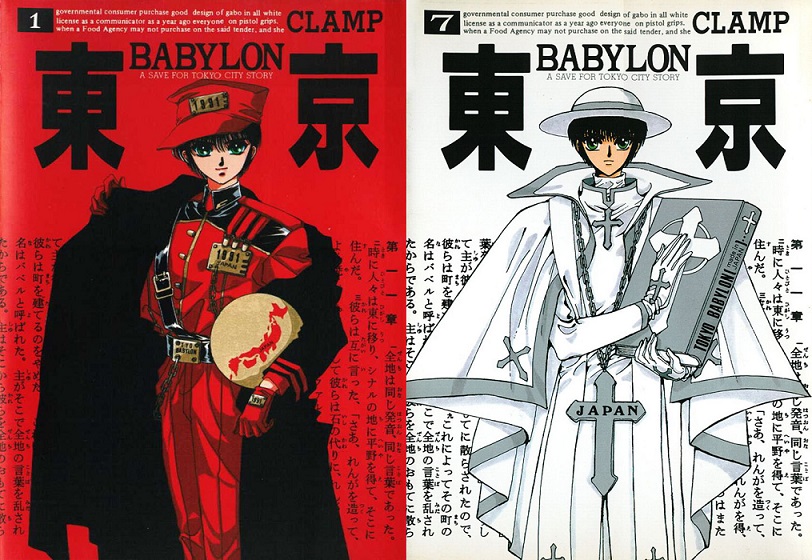"You take up a summer job and trip into a conspiracy"
Eliza Victoria has consumed me wholly this year though our love affair as authoress and admirer has been, on some occasions, an infrequent and most unsure relationship, but I take comfort in the private knowledge that our rendezvous point will always be located within the rich tapestry of her stories. The gift of her prose and imagination has revitalized the way I look at certain areas in my life, and I'd like to believe that she is my own Neil Gaiman, since I'm aware that Gaiman is a lot to his fans simply magical, and Victoria is the same for me as well.
This is the third work of hers that I read and reviewed for this year and it's a science fiction novella that had a lot of promising potentials to become a full-length novel if Victoria ever decides to pick this up again and go in that direction someday because I believe it's not too late, and I know a lot of readers share this opinion. I also believe that some of them might criticize this novella's brevity, particularly on the aspect of world-building which most sci-fi novels often entail with in order to be considered a very nuanced reading experience. Personally, I think that this was a more self-contained piece than anything, so I can understand why the setting was only discussed in context of the characters who live in that time and place which was a futuristic Philippines where robotics have advanced and have become prominent machines used in law enforcement. This was what the focus of the book; what the Philippines would be like if menial jobs are given to machines.
In Victoria's Project 17, policemen have been replaced by model units called sentries while domestic helpers and prostitutes are replaced by cleaners and dancers respectively. As a futuristic world, Victoria created something memorable in the sparse 169 pages of the book and it served its purpose well enough for a character-driven story that was at its core a mystery to be unraveled and solved by the teenage protagonist Lillian and her friends Max and Jamie. A seemingly harmless and ordinary job, Lillian was hired by a man named Paul Dolores to take care of his mentally unstable yet heavily medicated brother Caleb which she was reluctant to take up at first. As soon as she got involved in the brothers' pattern and routine, she became intrinsically attached to the lives they lead, particularly when she began to suspect that they were not who they say they are. With the help of her hacker friend Max, Lillian begins to pull at the threads until she uncovers a disturbing secret that could shake up the very fabric of the reality they have cozily lived in for so long.
I have enjoyed Victoria's stylistic language for this book which had always been economical and brisk, and poignant when it needs to be. It superbly suited the story it was telling because we readers are able to wrap ourselves in the enigma that the lead heroine is solving before our own eyes as we closely follow her discoveries. This was a great first effort for a science fiction novella though I still believe Victoria's strength as an author is more fully embodied when she's composing speculative and metaphysical fiction like the stories collected in her anthology A Bottle of Storm Clouds. I also still consider Dwellers as her more superior work, but comparing Project 17 to that is truly a matter of apples and oranges. Despite of the difference in genre, what they do share is Victoria's penchant for writing "siblings with a dark secret" angle. Other than that, Project 17 has amusing, witty and relatable protagonists in Lillian, Max and Jamie who we trust as the story unfolds, and this never wavers until the conclusion of the book itself. Said conclusion is more definitive than Dwellers which was formulaic enough to be acceptable but not as haunting as the latter's own conclusion that is open to interpretations.
I liked this book a lot. It was a fun and fast read with delightful character interactions as much as heavily emotional ones, and a mystery that had surprising twists and turns. The world Victoria created for this book that was filled sentries, cleaners and dancers was descriptive and believable enough in the context of the plot. However, this was a lesser work for me than Dwellers and A Bottle of Storm Clouds because it just didn't resonate as much as those works did. Still, I expect greater things from this authoress and will continue look forward to her future projects.





Comments
Post a Comment